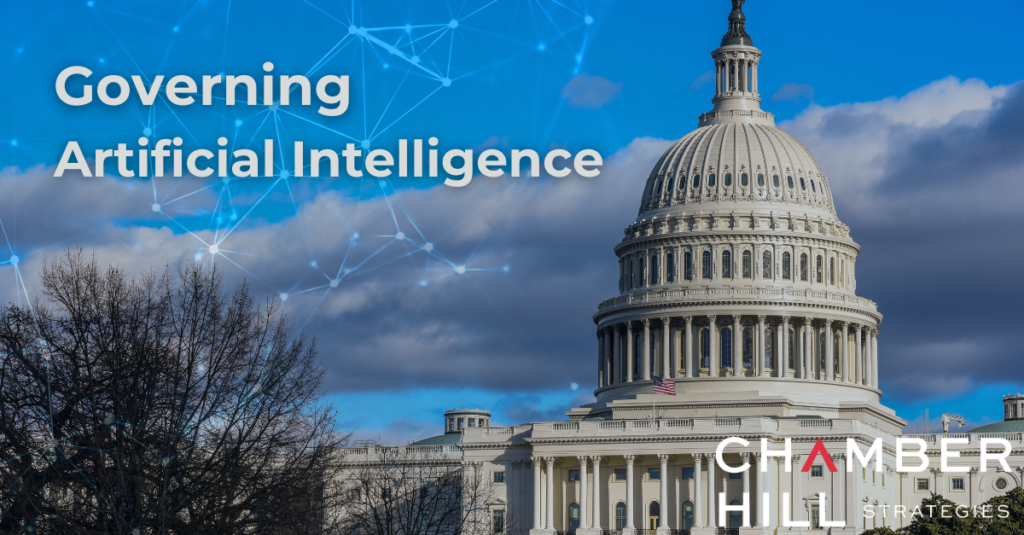In the ever-evolving landscape of technological advancement, the discourse surrounding artificial intelligence (AI) regulation has quickly emerged as the focal point of the global conversation. The unprecedented summit between President Joe Biden and President Xi Jinping added a new chapter to this narrative, igniting discussions that transcend borders and underscore the critical importance of shaping the future of AI. The two leaders agreed that using AI in nuclear or other military operations creates many risks, however, the senior U.S. official said neither was ready for any mutual declaration banning the use.
The Senate also showed concern regarding AI innovation on a global scale. Earlier this month, they held a hearing on how the U.S. can influence allies and non-allies to ensure that the development of AI systems globally doesn’t empower digital authoritarianism. A worry for the committee was how to handle Chinese innovation in AI technology; Witness Nathaniel Fick from the Department of State explained that the best way to hinder Chinese innovation is to continue to foster innovation among allies at home and abroad. Fick refers to President Joe Biden’s Voluntary Commitments as an example of partnerships at home fostering innovation.
However, the Senate isn’t just interested in AI’s effect on foreign affairs; the Senate Health, Education, Labor, and Pensions Committee (HELP) and the Homeland Security Committee held hearings on domestic concerns regarding AI. The Senate HELP Committee focused on AI’s positive and negative impact on the healthcare system as a whole. Members discussed three bills addressing the negative positive impacts of AI in healthcare: the Artificial Intelligence & Biosecurity Risk Assessment Act; the Securing Gene Synthesis Act; and a new bill from Sen. Mike Braun (R-IN), the Medicare Transaction Fraud Prevention Act. (The final bill is aimed at preventing the elderly population from being victims of fraud.)
The Committee on Homeland Security met to discuss the Philosophy of AI and as interesting as it sounds, the Senators indicated that the hearing was to explore what action(s) should be taken rather than introducing solutions. The witnesses included various professors and their testimonies urged the Senate to pass laws that regulate AI rather than letting AI dictate the regulations. An interesting point brought up during this hearing was by Prof. Daron Acemoğlu, he claims that even though he doesn’t believe that AI will/does automate white-collar jobs, it will most likely automate the IT and IT security jobs.
Lastly, going back to Biden’s Voluntary Commitments from Leading Artificial Intelligence Companies to Manage the Risks Posed by AI, it very much just reads like a pact of promises that may or may not do anything, we will have to see some time pass before we have a definitive answer on their viability. Nonetheless, it’s good to see that AI is on the list of priorities for the Administration.
This isn’t the end for AI on the Hill either, even just this week there is a House Energy and Commerce, Health Subcommittee hearing on Understanding How AI is Changing Health Care. Now even though AI is taking over the Capital, you can count on us listening and watching with our own human, eyes and ears.

